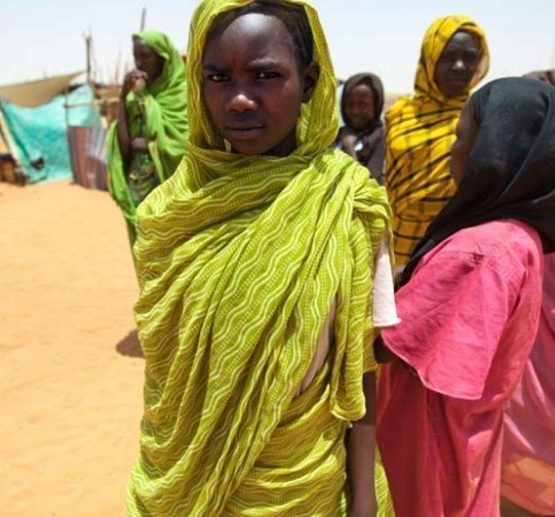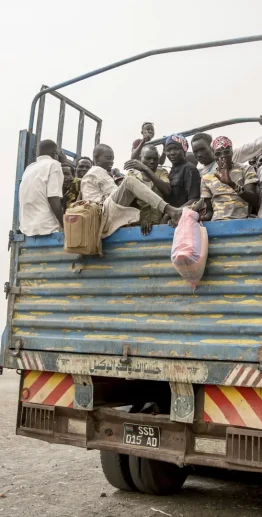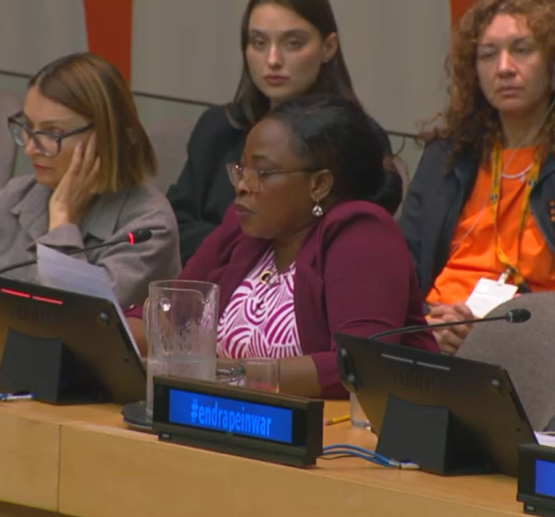South Africans to walk away from Darfur
By Jahna Paige, DWAG volunteer
Resentment from last year’s debacle, which injured South Africa’s reputation still lingers. South Africa’s assistance in helping al-Bashir flee instead of sending him to the ICC has caused the government to relinquish its role as a member of the ICC. While many have seen the country as a prime model of one that successfully challenged Apartheid with the likes of those such as Nelson Mandela, now criticisms can only be expressed. If the destruction of South Africa’s legitimacy and efficacy was not bad enough, the decision to withdraw South African troops from UNAMID before the scheduled rotation is worse. This outcome will only help to feed al-Bashir’s already monstrous ego and appetite by encouraging him to continue to disregard humanity, international law, and commit gross human rights violations.
Reasons for leaving
Money. Maintaining the South African troops’ deployment in Darfur is estimated to cost around $24 million. UNAMID is already overstretched and overburdened as it is.
Zuma has planned for the 850 South African troops to be deployed elsewhere- CAR, the DRC, and Burundi, where the brewing of a genocide is starting to take shape. While it is true that other areas in Africa are in need of attention and assistance, the urgency of situation in Darfur and the possibility of the spillover to the entire region are greatly worth South Africa rethinking its pathetic decision. Consequently, the lack of a continued international effort in Darfur will only exacerbate the problem. It will acknowledge that Darfur is in a peaceful state and that the international community should look elsewhere to solve the worlds’ worst human rights violations. Thus, it will allow Khartoum to continue its war campaign on the innocent civilians of Darfur without interruption or interference.
Issue of Timing
Feb 21, 2016- a child burns to death in the Jebel Marra raids. March 1, 2016- 9 raped, including minors, near North Darfur camp. March 7, 2016- More than 240 people starve to death in South Kordofan. As violence continues to escalate, one can only imagine the impact of Zuma’s decision. According to UN Reports, within the last 6 weeks of heavy fighting, more than 90,000 people have become displaced. Note that this figure is on top of the 3+ million people already displaced. Although UNAMID has not been particularly effective in its peacekeeping mission, the sheer presence of the force reinforces the fact that the situation in Darfur is still appalling and has not yet produced favorable results. It alerts al-Bashir that all eyes are on him and the situation in Darfur. Without a doubt, South Africa has chosen the worst time to withdraw its troops from an incredibly fragile setting combined with an unspeakable suffering Darfuri people face.
What does this mean for South Africa as an important regional player and a as a new democratic state advancing human rights within the global stage?
As mentioned above, South Africa has failed several times within the course of a year in terms of upholding the standards of international cooperation and human rights violations.
While South Africa will remain involved in the mission, in the form of a chief of deputy, it is unlikely that it will yield any positive result from the situation. Many perceive South Africa’s withdrawal as bowing to the Sudanese government. South Africa’s reputation was already tarnished, and its decision to withdraw only adds insult to injury. Governments and international organizations are becoming increasingly confused of South Africa’s position- a country known with a long struggle to defend the human rights of its own people, and as an accomplice of the gross human rights violations affecting Africans victims in Darfur.
The situation in Darfur is not better or worse than the system of Apartheid in which President Zuma and many ANC members fought to defeat. It is quite imperative that South African leaders be conscious in connecting their past, present and the future of their struggle to the struggle of their fellow African victims in Darfur, rather than sidelining with the perpetrators simply because they are powerful.



